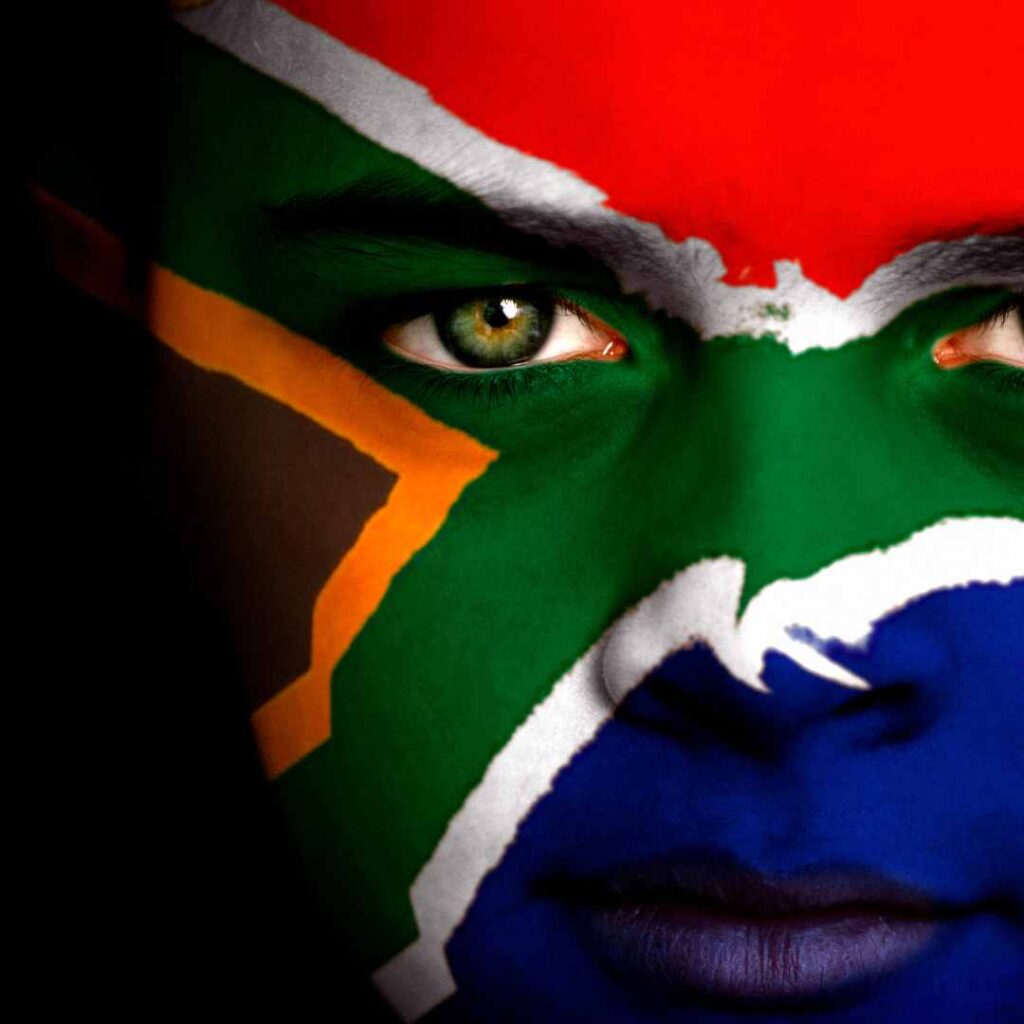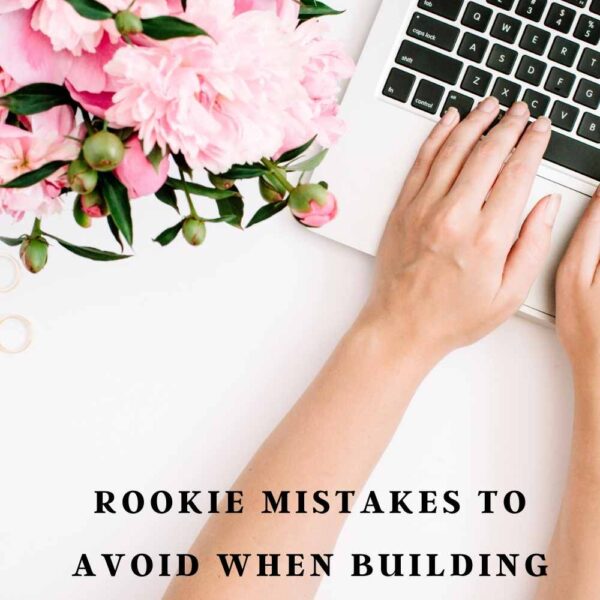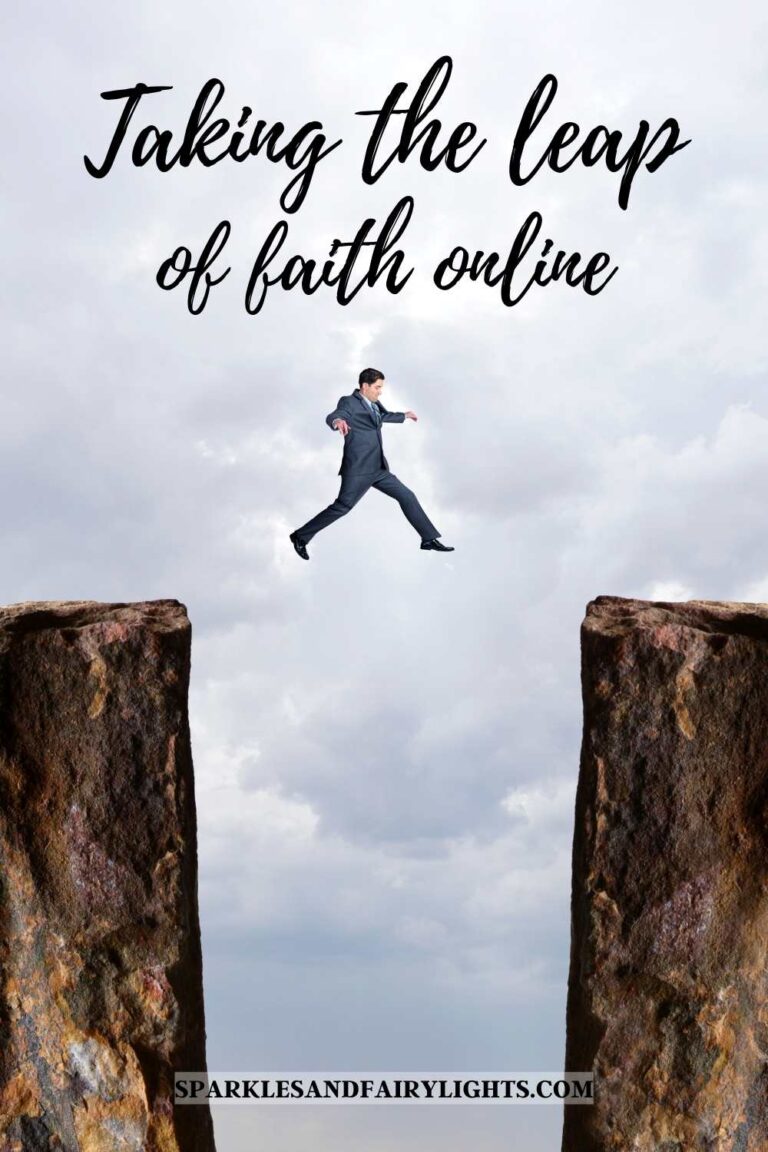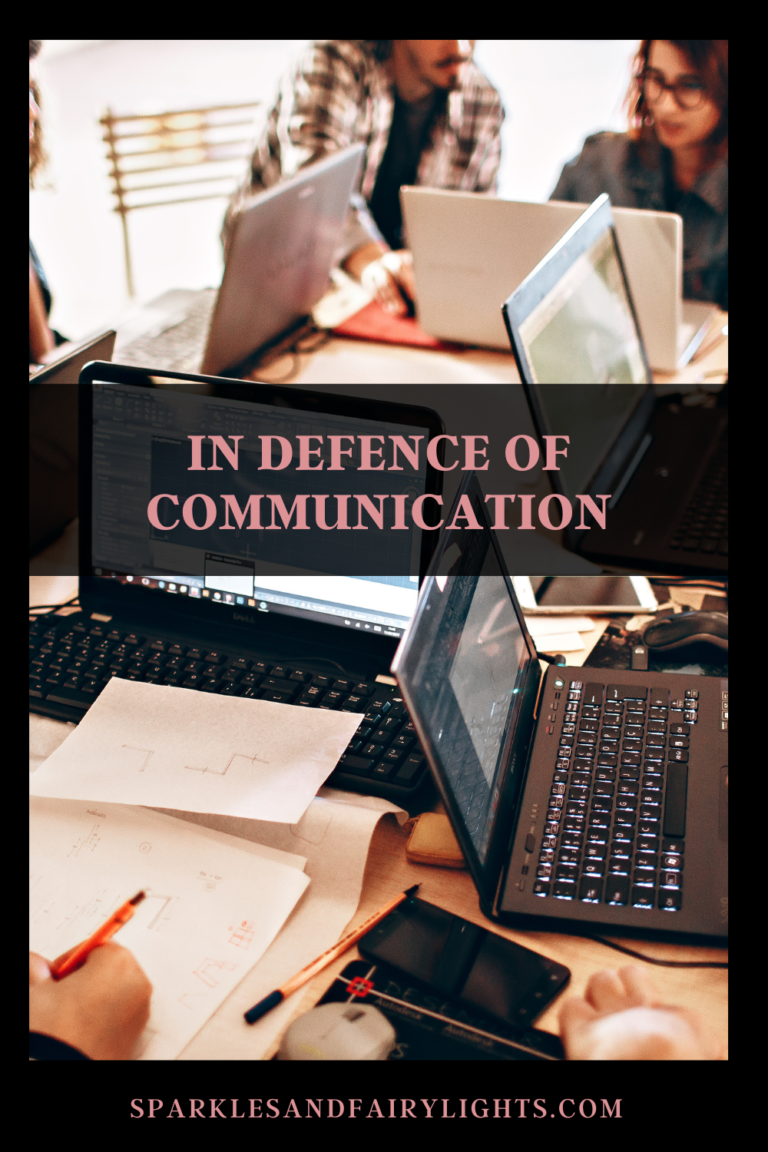The value of communication in a crisis
It would appear that not a week goes by these days without some organisation finding itself flailing at the centre of a crisis. These past two were off the charts. The standoff in Russia was as unexpected as it was unprecedented and, fortunately, over in the blink of an eye.

Then there was the “small issue” of a South African Airways plane stuck in Poland.
The crisis: security personnel on board meant to accompany the South African president on his peace-keeping mission to Russia in a war zone were unable to execute their mandate.
Unbeknownst to all the people following this drama of a grounded flight and the relief of finally seeing the aircraft take to flight, another tragedy was unfolding deep underwater: an OceanGate submersible en route to the wreck of the Titanic was ostensibly lost. A search and rescue ensued.
Both events unfolded over days, while swift, official communication from relevant authorities was sketchy.
Whether the crisis is self-made or as a result of perfect storm of events, one needs to know how to tackle such an event when it arises. For well-established solopreneurs or small business owners, it is important to consider what an appropriate crisis communication plan would look like should something untoward threaten livelihood, safety or customers’ well-being.
So why are people often caught unawares? When a crisis hits, the role of communication to pour oil on troubles waters cannot be understated.
Timely communication
Referring to the Polish incident, decisive communication from the South African authorities in charge of chartering this flight with regard to the requisite paperwork would have done wonders to quash rumours and quell fears. Instead, rumours swirled and outrage was expressed on the Twitter streets.
Despite having journalists on board, the facts of the matter from a South African authority was not forthcoming and racism reared its ugly head in the discourse. An impasse was allowed to fester and diplomatic relations soured. The Ministry of Foreign Affairs of the Republic of Poland acted quickly to release a statement repelling the claims made in the public domain.
The South African government has largely downplayed the incident but the Mail & Guardian had just reported its intention to take action. However, the less-is-more approach up to this point has not quite worked for those invested in hearing the truth in a timely fashion. Sadly, what could have been a sterling opportunity to show decisive leadership and demonstrate expertise on the international stage went awry.
Bottom line: Unfounded rumours were allowed to swirl unchecked, only adding fuel to fire amid an incendiary situation. Ironically, with regard to the former, communication was not handled diplomatically. It felt like The X-files: the truth was out there mired in an abyss of accusations. Timely communication sure could have saved the day and swiftly resolved the impasse.
Stellar social media strategy
Any professional responsible for handling social media at an organisation will no doubt understand the amount of work that goes into developing campaigns and the constant monitoring of social media analytics to see whether it is working. That individual will also understand how fickle people can be and how hard it is to build an audience.

As a solopreneur or small-business owner, I am sure that you know this all too well. That is why I was taken aback at the beginning of June when a highly-respected retailer with serious clout nationally allegedly blocked Twitter users for holding opposing views on an ideological matter.
In this instance, an official message was issued timeously, but had a no-nonsense tone and it said that the issue was not up for debate. People did not feel heard when they expressed different viewpoints and were subsequently blocked. It only managed to incense loyal supporters of the brand who threatened a boycott.
It was averted and I saw an extensive article in the local paper the following week detailing its stance, more nuanced in its approach with a conciliatory tone. I wondered about the instructions given to the social media manager. After all, these things do not happen in a vacuum.
Depending on the use, social media platforms provide an instant, wonderful way to stay in touch, promote products, gather information and hear first-hand accounts of issues that could possibly beset a business. Why then would it then block customers willy-nilly?
Bottom line: Throwing caution on the wind on social media has led to the demise of many a reputation and loss of profits: judicious use is advised. More cautionary tales follow below.
Communication that does not demean key supporters and customers

The beer brand Bud Light had been in the firestorm since 1 April 2023 when it had released a campaign that infuriated its customers. After an analysis by many experts, it was clear that on that particular campaign, the marketing team had erred in its choice of influencer for the brand and alienated its customer base.
A podcast in which the Vice President of Marketing in charge of the campaign made comments also surfaced and her remarks irked consumers as they felt that she had denigrated their identity in a way that was experienced as deigning in its arrogance. Bud Light was met with an unprecedented boycott, which, weeks later, is still in effect.
In an effort to move on from that campaign and stave off the crisis, the company continued to make a number of other communication missteps. Yet, it failed to provide what the customer base really wanted: an apology and acknowledgement of their anger – which promptly brings me to the next point.
Address the issue and accept responsibility

Anheuser-Busch, the parent company, did not immediately address the issue that conservative America had. Instead, they changed tack and released a very patriotic advertisement, hoping to quash the problem. It did not, in fact, it only ignited further furore.
The CEO’s ensuing, rather sentimental press release, as reported by Fox News, seemingly lacked a firm apology and served only to irk them even further. Their response was scathing. Eventually, there was a statement that revealed that the marketers at the heart of the campaign had taken an indefinite leave of absence.
Literally, billions wiped from Anheuser-Busch bottom line at the time of publication.
Skirting the issue and blaming others
This incident could have been taken from the Balenciaga playbook of November 2022 when the Spanish fashion brand found itself embroiled in controversy. Suddenly, it was thrust into the eye of a storm that simply would not abate. The reason: an ad campaign with scandalous elements – suffice to say that children and BDSM never go hand in hand.
An immediate apology was not forthcoming and social media users expressed concerns that the brand was not taking responsibility but instead pinning it on other parties, like a photographer and production crew – as The Guardian reported at the time. It became apparent that these individuals would, ultimately, have had no influence on the editorial decisions.
The backlash only fuelled the content on social media showing people brandishing and burning brand items – very expensive items, I might add. In the interim, more images appeared online inflaming the situation, snowballing into more outrage. By then, the company looked increasingly bad, morally bankrupt and lacking backbone. Press releases, again, proved ineffective. Forthright it was not, and neither did it express contrition or hazard an apology. It just seemed to kick the can farther down the road and consumers were having none of it.
Bottom line: The brand’s reputation was cratered and lingering questions remain. There were financial implications and the New York Post revealed that it had created a position for an expert to handle crisis communications.
This is it in a nutshell: “Controversial fashion house Balenciaga is hiring a crisis management expert after the backlash to its unsettling child-bondage ad campaign — which the high-end brand admitted has affected its bottom line.”
Yes, that is how important it is to have a documented policy in place and steps to follow the day the crisis hits, although arguably, this crisis was self-inflicted.
Honesty and integrity should underpin operations and communication
Nobody likes to be lied to especially when a brand is regarded as trustworthy and a leader in its field. It happened to Volkswagen years ago, when its emissions scandal first hit headlines. Without dredging up the past too much, the details as per the BBC underscores the point.

It is the very thing that irks customers and social media fans alike: large, multi-national corporations’ failure to accept responsibility when things come to light and the rubber hits the road.
There is a silver lining, though. Pepsi had stirred controversy a few years ago too. Its ad featuring Kendall Jenner was plunged into controversy and did not hit the mark but its crisis communication sure did. Brandfolder summed it up: “However, less than 24 hours later the soda company had pulled the ad and paused the campaign entirely. A second statement followed: “Pepsi was trying to project a global message of unity, peace, and understanding. Clearly, we missed the mark, and we apologize.”
Timely, decisive, apologetic communication did the trick. It accepted blame and despite expressing what it had hoped to achieve, did not have a defensive tone. There is just one, last caveat from me.
Be careful with utterances on podcasts and YouTube
Podcasts have come into their own in recent times, but views expressed have sometimes led to unintended consequences. Our own Charlize Theron upset many South Africans with her comments about Afrikaans being a dying language. That fallout raged for days and was there anger!
Meghan Markle infuriated the English with utterances on her podcast, Archetypes, that seemed to be not-so-subtle digs at her detractors. The timing was terrible too, as it coincided with the passing of the late queen.

Similarly, Alissa Heinersheid –at the time, Vice President of Marketing at Anheuser Busch – would, in hindsight, probably have regretted her remarks on a podcast too, which ended up being the catalyst that drove the Bud Light backlash once it came to light. Daily Mail spilled the tea.
Perhaps, the same applies to YouTube or Zoom. The now late CEO of OceanGate, Stockton Rush, also made some remarks that, looking back, probably did the beleaguered company no favours. Insider has shed more light.
Lesson to be learnt: Be careful of any message put out into the world. Otherwise, there is a real risk that it could very well come back to bite you.
Finally, I would like to express my condolences to the next of kin who of those who lost their lives on the submersible operated by OceanGate. I, by no means, wish to disrespect the lives of their loved ones.
Latest Posts
What makes for effective crisis communication?
An alarming upswing in disasters worldwide is being experienced: be it weather, war or warnings being sounded about humanitarian crises, etc. people are being pummelled with it. But are we prepared for it as solopreneurs and small business owners? The…
Safeguarding your brand’s reputation – be royally successful online
Prevailing thought, as espoused by PT Barnum and Oscar Wilde, before social media and the digital explosion of today was that any publicity was good publicity even if one was at the receiving end of bad press. This notion should…
Women’s workplace productivity wreckers in our 40s – and how to overcome
A woman’s 40s is not just a time when the biological clock is wilding ticking and hormonal imbalances are making themselves known; there is also another clock ticking away. Workplace productivity and punctuality are seemingly out the door and wasted…
Mistakes are unavoidable when building your first website
Building your first website from scratch with very little knowledge or being especially tech savvy is daunting when you are older, but it can be done. I just built one and though it is not a masterpiece by any stretch…
Rookie mistakes to avoid when building first WordPress.org website
Communicating with an audience, target market, partners, customers, stakeholders, etc. is crucial for any business. One of the most essential and credible ways to do that is through a website. Like social media, it informs people of what they can…
- The human value and capacity driving copywriting in 2025 - March 6, 2025
- Authenticity, professionalism and hope in a curated world - February 6, 2025
- Authentic epiphany watching the trailer for “With love, Meghan” - January 27, 2025













